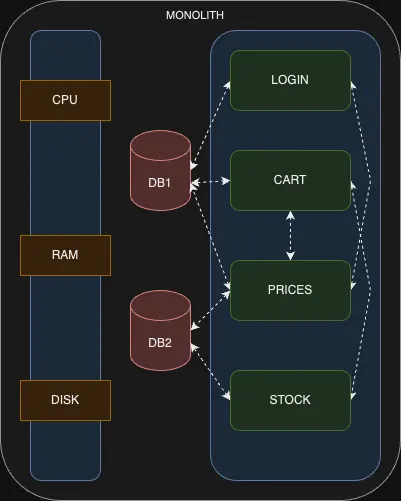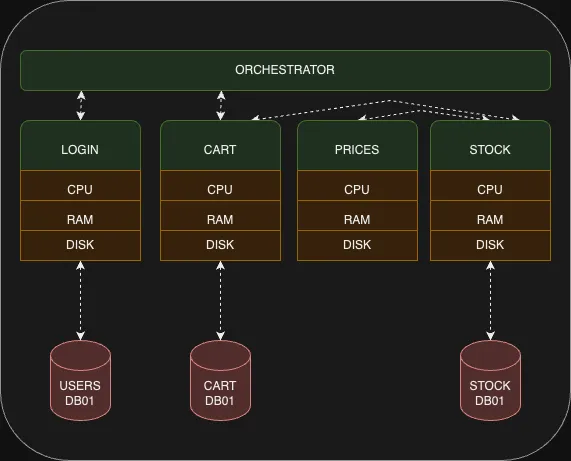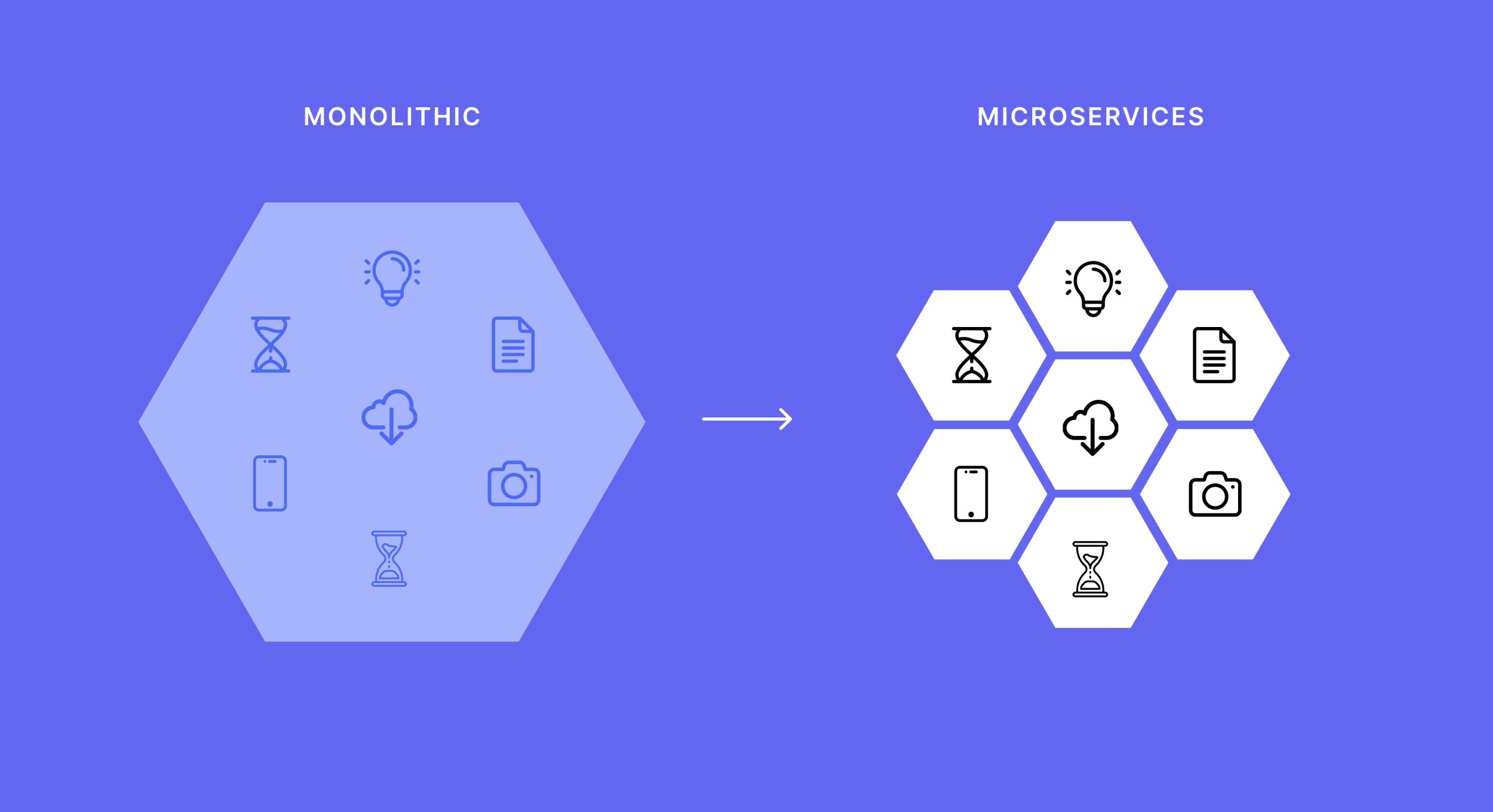In the realm of software development, the debate between microservices and monolithic architectures continues to intrigue and influence the decisions of tech professionals. Both have their merits and drawbacks, but when viewed through the lens of DevOps, their distinctions become even more pronounced.

Understanding Microservices and Monoliths
A monolithic architecture encapsulates an entire application within a single codebase and deployment unit. All functionalities, components, and modules are tightly integrated, forming a cohesive unit. In contrast, microservices break down the application into smaller, independent services, each responsible for a specific function. These services communicate through APIs, allowing for greater flexibility and scalability.
DevOps and Monoliths
DevOps, with its focus on collaboration, automation, and continuous delivery, has reshaped software development and deployment. Monolithic architectures, while effective in certain scenarios, pose challenges in the DevOps realm.

Deployment Complexity: In monoliths, deploying changes often involves updating the entire application, leading to longer deployment times and higher risks. DevOps principles emphasize frequent, smaller releases, which can be challenging with monolithic structures.
Limited Scalability and Flexibility: Monoliths might struggle to scale efficiently as they grow, making it harder to adopt DevOps practices like auto-scaling and rapid adaptation to varying workloads.
Integration Challenges: Since monoliths have tightly coupled components, changes in one part might impact others, making continuous integration and delivery more complex.
Microservices and DevOps Synergy
Microservices align more seamlessly with DevOps principles due to their inherent modularity and independence:

Enhanced Deployment Agility: Each microservice can be developed, tested, and deployed independently, aligning perfectly with DevOps’ goal of continuous delivery and shorter release cycles.
Scalability and Fault Isolation: Microservices’ granular structure allows for easier scaling of specific services that experience increased demand. Furthermore, if one service fails, it’s less likely to affect the entire system, promoting fault isolation.
Technology Diversity and Innovation: Microservices enable the use of different technologies for each service, fostering innovation and allowing teams to select the best tools for specific functionalities.
Challenges with Microservices in DevOps
However, embracing microservices also introduces challenges:
Complexity in Management: With numerous services communicating across networks, managing and monitoring the interactions can be complex. DevOps practices need to accommodate this added complexity.
Increased Operational Overhead: Orchestrating multiple services requires robust infrastructure and operational support, which might demand additional tooling and expertise.
Potential Over-Decomposition: Breaking an application into too many microservices can lead to excessive management overhead and hinder overall performance.
Choosing the Right Approach
The choice between microservices and monoliths isn’t straightforward and depends on various factors like project size, team expertise, scalability needs, and future growth projections.
For Smaller Projects and Teams: Monolithic architectures might suffice, offering simplicity and ease of management.
For Scalability and Flexibility Needs: Microservices shine, enabling agile development and scalability essential for large, complex systems.
Conclusion
The debate between microservices and monolithic architectures continues to evolve as technology advances and business needs change. From a DevOps standpoint, both have their merits and challenges. While microservices align more closely with DevOps principles due to their modular nature, the decision ultimately hinges on understanding the project’s requirements, team capabilities, and long-term scalability goals.
DevOps encourages adaptability, iteration, and continuous improvement. Whether it’s a monolithic architecture or a microservices approach, a successful DevOps implementation integrates the best practices that suit the project’s specific needs, ensuring efficient development, deployment, and operations.
Complete the form located at this page https://synpass.pro/contactsynpass/ in order to get in touch with us regarding your project☝

